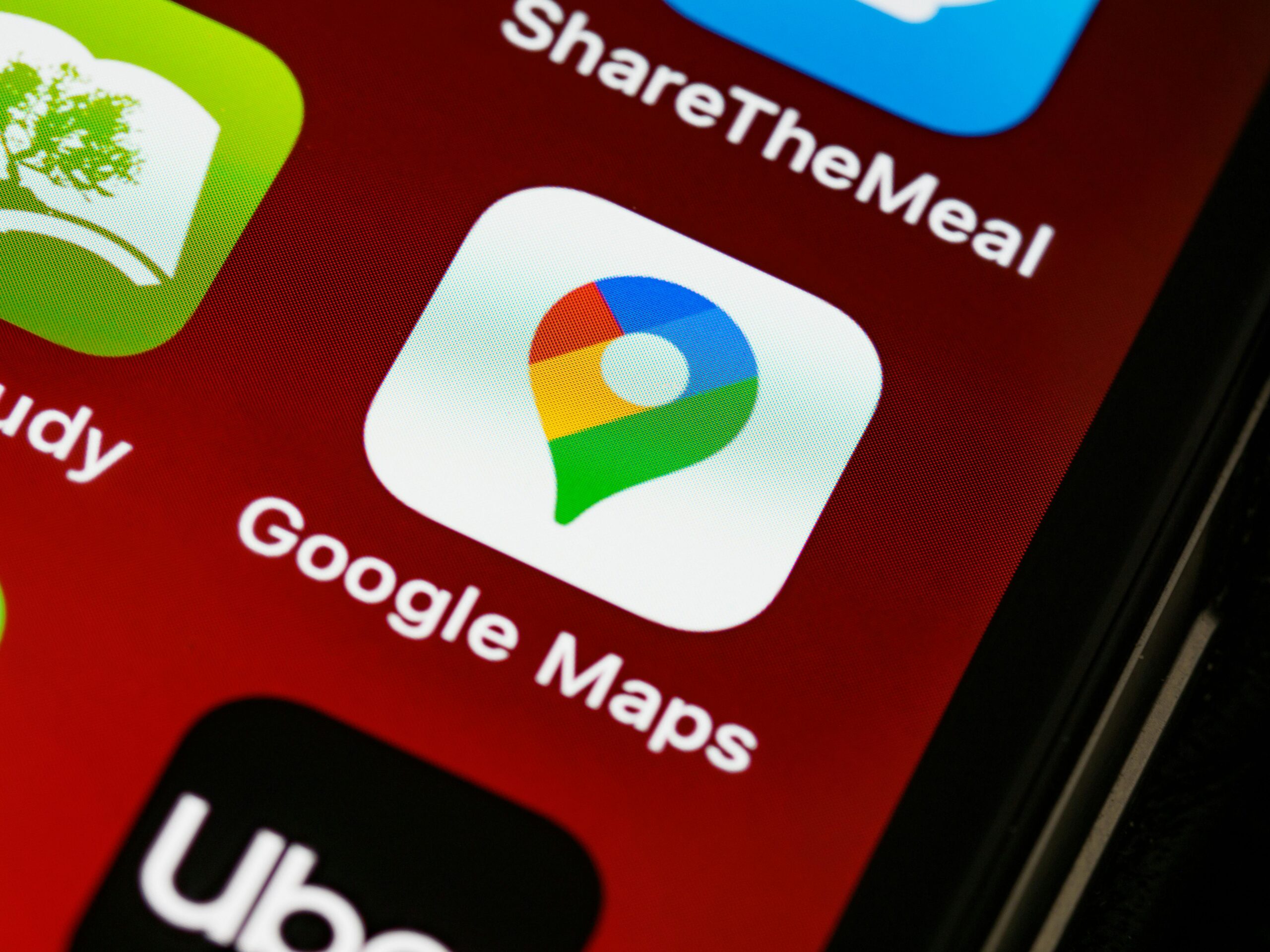
South Korea has postponed its decision on whether to approve Google’s request to transfer high-precision map data of the country’s geography to its international servers.
In February, Google sought approval from the Korean National Geographic Information Institute to deploy a 1:5,000 scale map on its app in South Korea and to transfer the data to its servers abroad. A spokesperson from the South Korean Ministry of Land, Infrastructure and Transport confirmed the request.
The government was initially expected to finalize its decision by mid-May, within 60 days of the request, but the deadline has now been extended to August 11, as discussions are still ongoing, the spokesperson stated.
This marks Google’s third request regarding this issue, following previous attempts in 2011 and 2016. Currently, Google uses a 1:25,000 scale map in the country, which includes points of interest and satellite images. The 1:5,000 scale high-precision map would provide far more detail, even capturing the narrowest streets.
Government’s Conditions and Google’s Response
In 2016, when South Korean officials rejected Google’s request, they stipulated that approval would only be granted if Google established a data center in South Korea. The government also required that sensitive locations, such as national security facilities, be blurred on maps for security purposes.
Google has not confirmed whether it would set up a data center in South Korea. The company operates several data centers worldwide, including in Singapore, Taiwan, Japan, Thailand, and Malaysia.
The data restrictions in South Korea have affected the performance of both Google Maps and Apple Maps. Foreigners and tourists often struggle to navigate with Google Maps due to limited data and language support, frequently opting for local apps that provide more comprehensive features. Local navigation apps like Naver Map, TMaps, and Kakao Map are more popular among South Koreans, as they offer 1:5,000 scale maps with more detail. Naver Map, launched in 2002, boasts 27 million monthly active users (MAUs), while Kakao Map and TMaps have approximately 11 million and 24 million MAUs, respectively.
Google did not respond immediately to requests for comment. The company’s next steps remain unclear as it waits for South Korea’s decision on its map data request.
Author’s Opinion
South Korea’s decision to continue delaying approval for Google to transfer its high-precision map data underscores the country’s deep concerns over national security. While the data restrictions can be frustrating for global tech companies like Google, these regulations reflect the country’s desire to protect sensitive locations from foreign access. However, the lack of transparency around these restrictions may limit technological growth, and it would be beneficial for South Korea to find a balance that allows more collaboration with global tech giants while ensuring security. Greater flexibility in these policies could drive technological advancements without compromising national interests.
Featured image credit: Brett Jordan via Pexels
For more stories like it, click the +Follow button at the top of this page to follow us.
